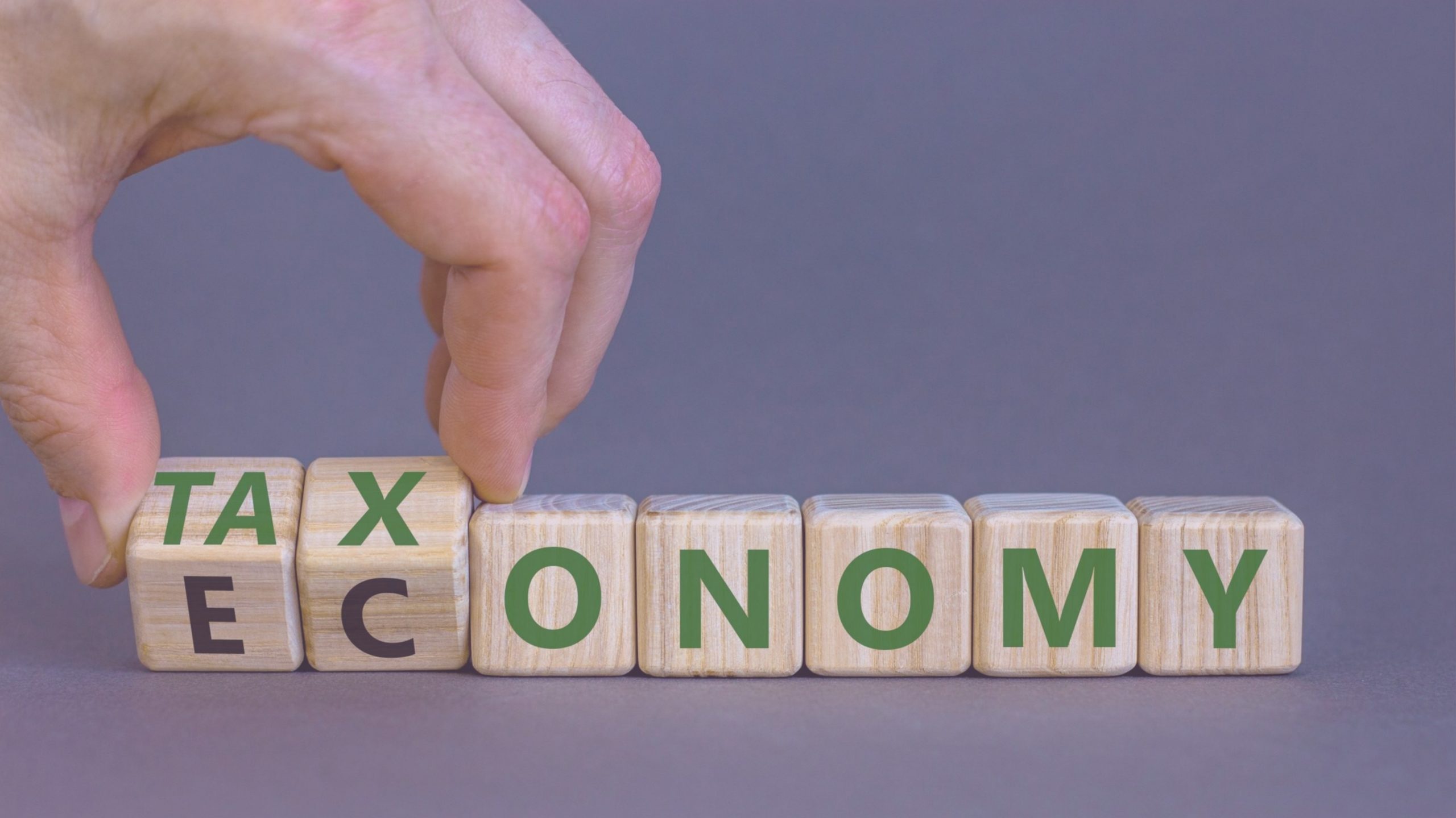Taxonomy is the branch of science that studies methods of organizing elements, knowledge, data, and theories within a specific scientific field.
In the environmental context, taxonomy refers to a list of economic activities evaluated and classified based on their contribution to the EU’s environmental objectives. For investors, companies, and other market actors, it is a tool that provides the opportunity to navigate towards a low-carbon, resilient, and efficient economy.
The Taxonomy Regulation, in fact, is a legislative act that enables the implementation of the European Green Deal: a strategy for sustainable economic growth and an integral part of the 2030 Agenda and the SDGs, aimed at “transforming the EU into a just and prosperous society” through:
Climate neutrality by 2050
Resource Efficiency
Safeguarding Human Capital and a Healthy Environment
The main purpose of taxonomy is to provide businesses, investors, and policymakers with definitions regarding which economic activities can be considered environmentally sustainable based on six environmental objectives that economic activities should pursue:
Climate Change Mitigation
Climate Change Adaptation
Sustainable Use and Protection of Water and Marine Resources
Transition to a Circular Economy, Waste Reduction, and Recycling
Pollution Prevention and Control
Protection of Biodiversity and Ecosystem Health
By measuring key environmental performance indicators (KPIs), the information can support investors and stakeholders in identifying business initiatives towards sustainability. The regulation also establishes that companies must report KPIs related to revenue, capital expenditure (CapEx), and operating expenditure (OpEx).
Once the objectives are defined, the regulation sets out principles for identifying sustainable economic activities, which are:
Substantial Contribution: a Significant Contribution to One or More Environmental Objectives
Do No Significant Harm: Avoiding Significant Harm to any Other Objective
Compliance With Minimum Social Safeguards
It is precisely in the analysis of the third point that European Taxonomy realizes how it serves as the starting point for Social Taxonomy, aimed at protecting and guaranteeing human rights and workers’ rights.
The Social Taxonomy is primarily entrusted with two main tasks:
- Exploring the Extension of Taxonomy to Social Objectives in accordance with Article 26(2)(b) of the Taxonomy Regulation
- Respect for Minimum Safeguards
- Requiring companies engaged in environmentally sustainable economic activities to comply with international labor standards and human rights
- Assessing the need to integrate the requirements of Article 18
In light of the in-depth analysis of taxonomy, it was even more interesting to hear Catia Bastioli‘s speech as the CEO of Novamont during the presentation of the SACE Export Report 2023, held on June 22nd at Palazzo Mezzanotte in Milan.
The event provided an opportunity to explore the potential offered by innovation and environmental sustainability in various geographies and sectors. In this context, it was highlighted how the Ecological Transition, Technological Revolution, and protection of the value chain are the most complex yet stimulating challenges that Italian companies have courageously embarked upon.
The story of Novamont is the story of a visionary project that started as a research program in 1989 within a large group, the Montedison Group. It was a research center that found itself in a unique position, the synthesis of the Italian Agro-Industry and Chemistry, following the acquisition of Montedison by the Ferruzzi Group. It became capable of developing new technologies to create low-impact products using agricultural raw materials and agricultural waste.
The project was highly effective for several years, but then the major crisis of Montedison occurred, prompting Novamont researchers to save the project by seeking funding, which allowed for a new start as a startup focused on research and innovation with low-impact technologies.
When Novamont left the Ferruzzi Group, it had to decide on the philosophy it should adopt, explains Bastioli. Starting from the 1990s, the choice was to focus on a development model that demonstrated the possibility of a different system capable of addressing the challenges left by the Italian chemical industry, as well as the challenges posed by delocalization, globalization, and deindustrialization of sites.
The idea, as the CEO continues, was to take our technologies and regenerate deindustrialized sites by involving the territories with these new technologies, utilizing agricultural raw materials and agricultural waste, and connecting them with the local communities. The idea was not to flood the world with products but to make these products catalysts for change, preventing them from accumulating in water and soil.

This vision also became a pretext to rethink the acquired methods of integrated supply chains, including the Made in Italy supply chain, and an opportunity to reduce not only the impact caused by products but also to see products in a new light, as catalysts and opportunities to do more with less, decoupling development from the use of raw materials.
Today, Novamont generates over 400 Million Euros in revenue. It is a B Corp Company with four production sites, four research centers in Italy, commercial offices in Europe and the USA. It has developed five integrated technologies of which it is the owner, and it holds 1,400 patents and patent applications.
Novamont, together with the entire waste management supply chain, has created an Italian System, betting on the idea that technologies are neither good nor bad but tools whose distinction lies in the wisdom with which they are used. Changing the paradigm to allow ecology and economy to progress together, thinking about the future in a different way, not purely in Economic or Ecological Silos but in a Systemic Logic.
This attitude often clashes with the difficulties that this type of thinking encounters in everyday life. Despite the tremendous efforts that Europe is making, the EU Taxonomy being one example, there is still a tendency to work with siloed dynamics, leaving little room for experimentation and struggling to keep pace with the rapidly evolving dynamics of Circular Bioeconomy Innovation.
The risk is to hinder future developments, especially for those sectors that represent the vanguard of innovation and research in reference industries. Companies in this position experience firsthand the contradictions of legislation that is still evolving and inevitably influenced by the need to adapt and harmonize various sector nuances.
The presentation of the Export Report 2023 also provided an opportunity for Alessandra Ricci, CEO of SACE, to emphasize that investing in sustainability and promoting sustainability training means being more competitive and resilient over time. She noted that, in terms of the Green New Deal, SACE is the only entity in Italy authorized to issue Green Ratings for European Taxonomy purposes. This is an essential requirement to access financing lines used by banks with the European Investment Bank (EIB), enabling access to much more cost-effective funding.

